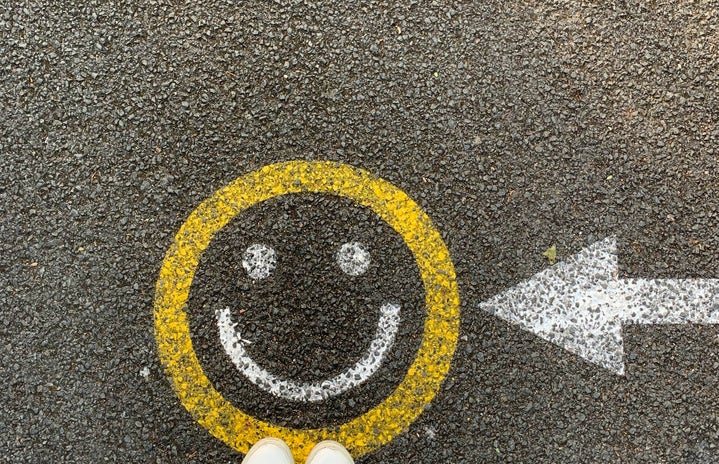Empathy is a cornerstone of humanity and our connection to one another on the most basic level. The ability to feel for and understand a person’s situation or experiences is essential to navigating society and maintaining social connections.
With the polarized nature of news, especially in the United States, it is important to remember to empathize with and humanize the issues occurring around the world that we read about every day online. Often news sources from heavily biased networks, whether from the left or the right, use certain language that can minimize or invalidate one group’s experiences at the expense of another.
Some news agencies use language such as describing certain groups as animalistic or barbaric, and this type of rhetoric encourages the acceptance of harm being committed towards these so-called “undesirable groups”. Many experts believe that the more we hear about distinct groups being dehumanized, the higher the chance of the dehumanization of said groups within our minds.
Empathy comes naturally to all of us, but some elements must be learned. It may be the key to stopping dehumanization in its tracks. Actively listening to others, behaving sensitively, opening your social circle to meet people from all types of backgrounds, and becoming aware of one’s emotions can all contribute to empathizing effectively with others around you and throughout the globe.
There are three main types of empathy: cognitive, emotional, and compassionate. Cognitive empathy is one’s capability to understand how another person feels or thinks. Emotional empathy is the capability to understand the emotions felt by another person and to be able to share those feelings as well. Compassionate empathy stems from applying your shared feelings to your inspiration to take action and do something.
I believe that all three types are useful and valid, and when it comes to processing global news, a combination of all three is necessary to promote empathy on a widespread scale. One type is a stepping stone to the next, and I do not think that they need to be isolated to work effectively. They all are influenced and connected to others, just as humans are in society. Compassionate empathy especially comes into play when natural disasters occur, and many people join efforts that provide humanitarian aid to people in need.
Taking off our rose-colored glasses that are our biases allows us to see the reality experienced by the people outside of our environment, and doing so allows us to empathize with people who are living astronomically different lives than us. Reading news articles about horrible occurrences, violence, corruption, etc. can desensitize our minds to similar imagery and history, and that is when empathy needs to be utilized so we can process those occurrences, recognize the suffering occurring, and fight against them. Empathy could be the basis of rediscovering our humanity and our ability to stand up for one another.
Empathy needs to be reinjected into our dictation of news to reverse the desensitization we are experiencing and to encourage healthier and more constant human connection. Starting to empathize with people we do not even know and who are different from how we socially identify, will expand our ability to interact peacefully and kindly with divergent groups.


